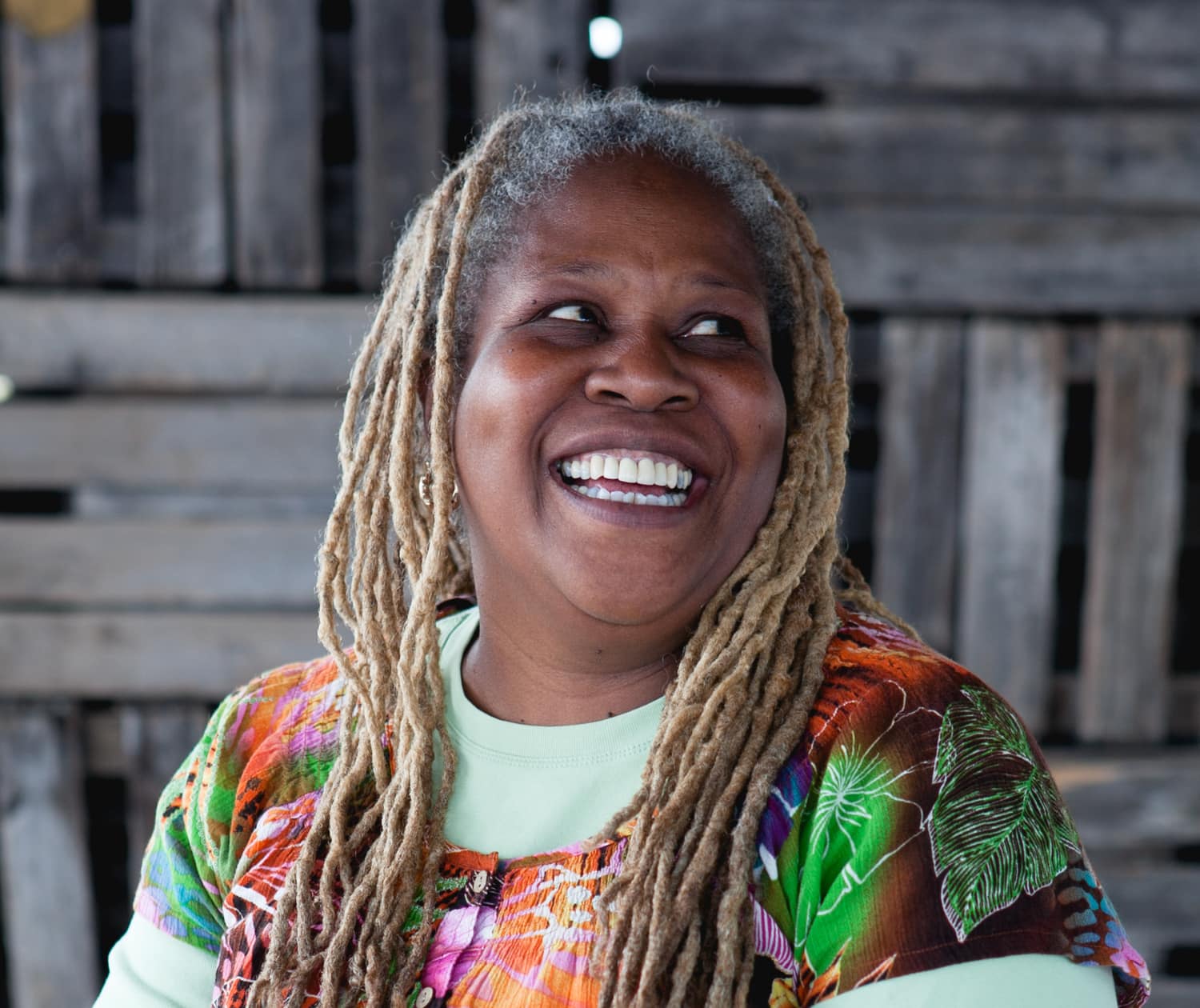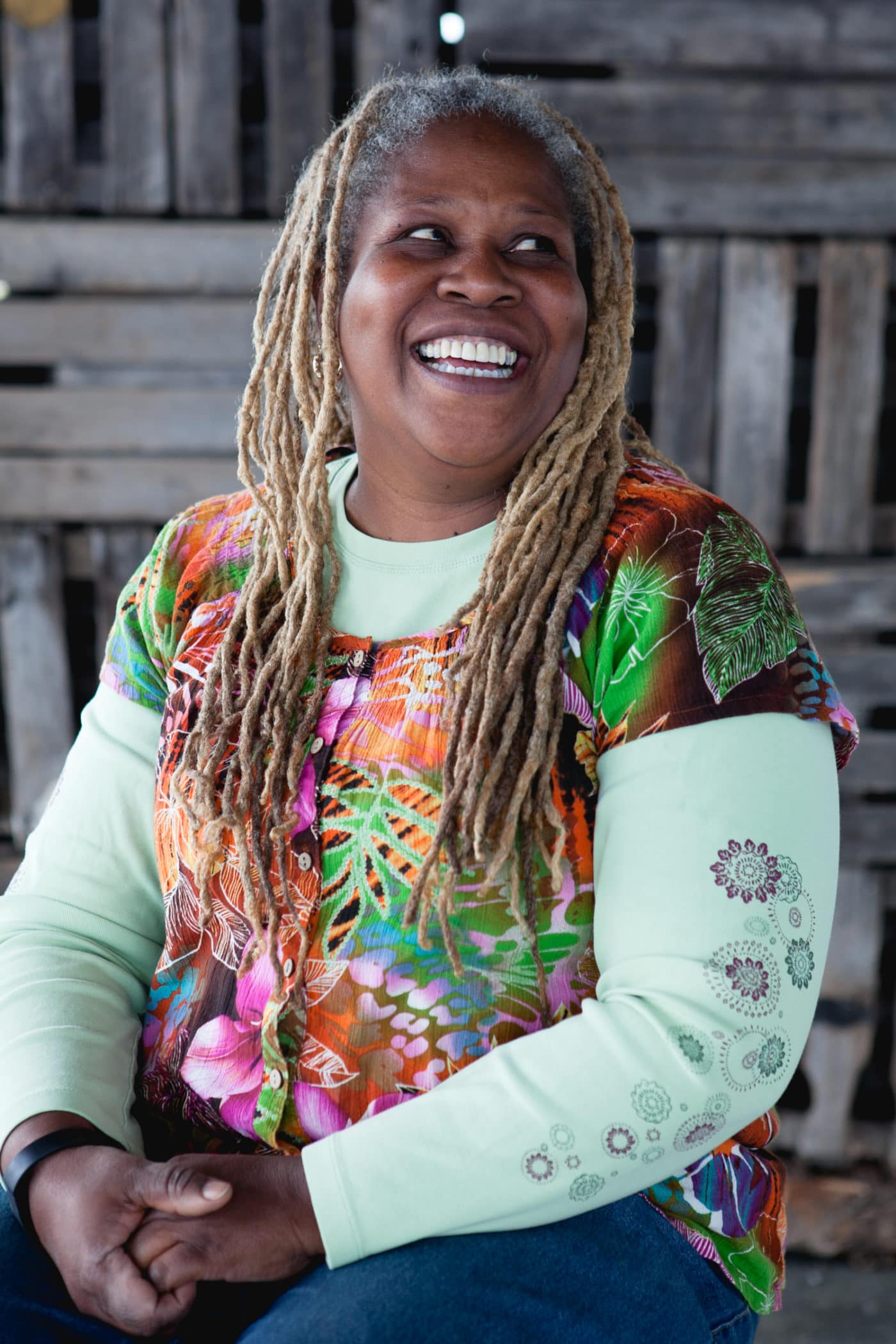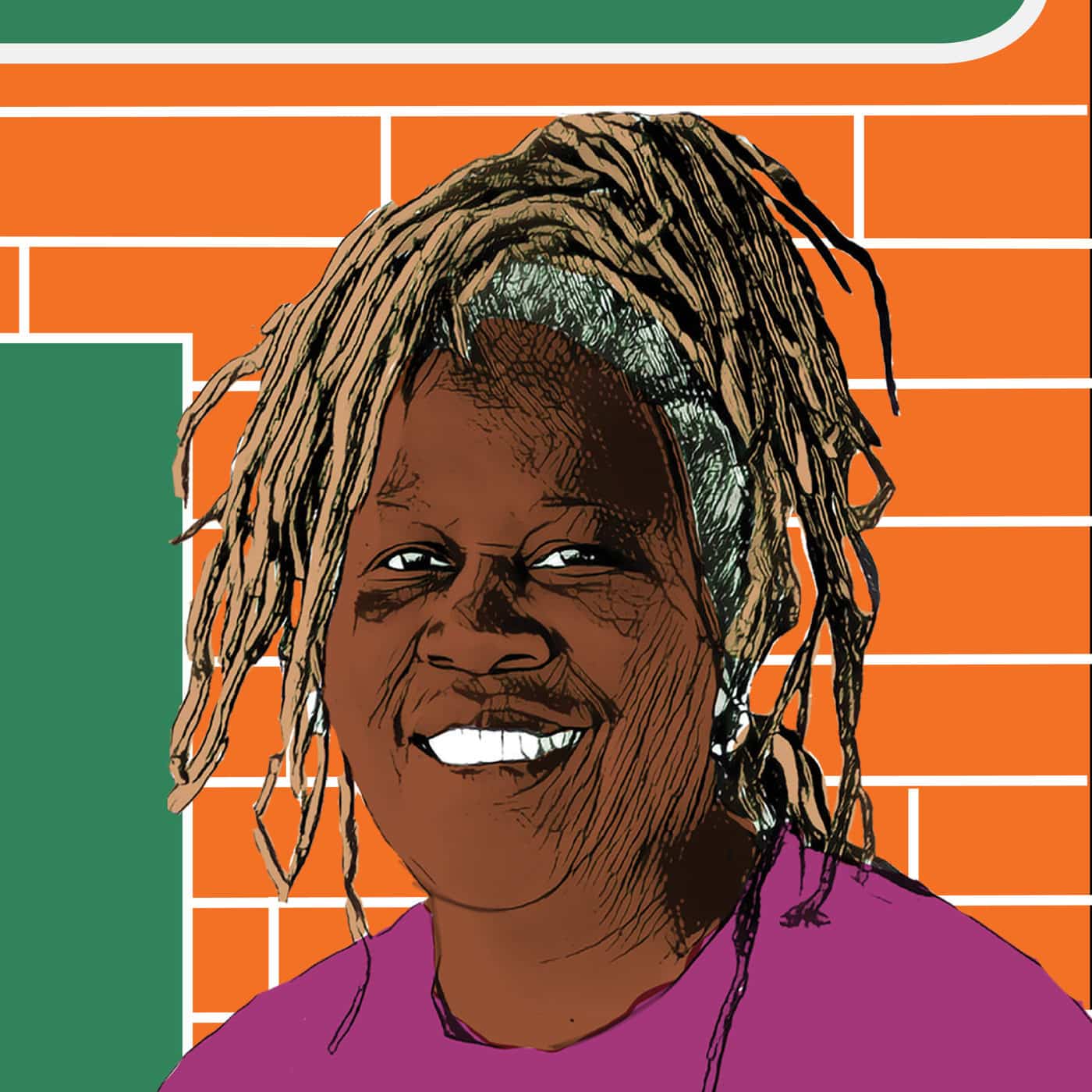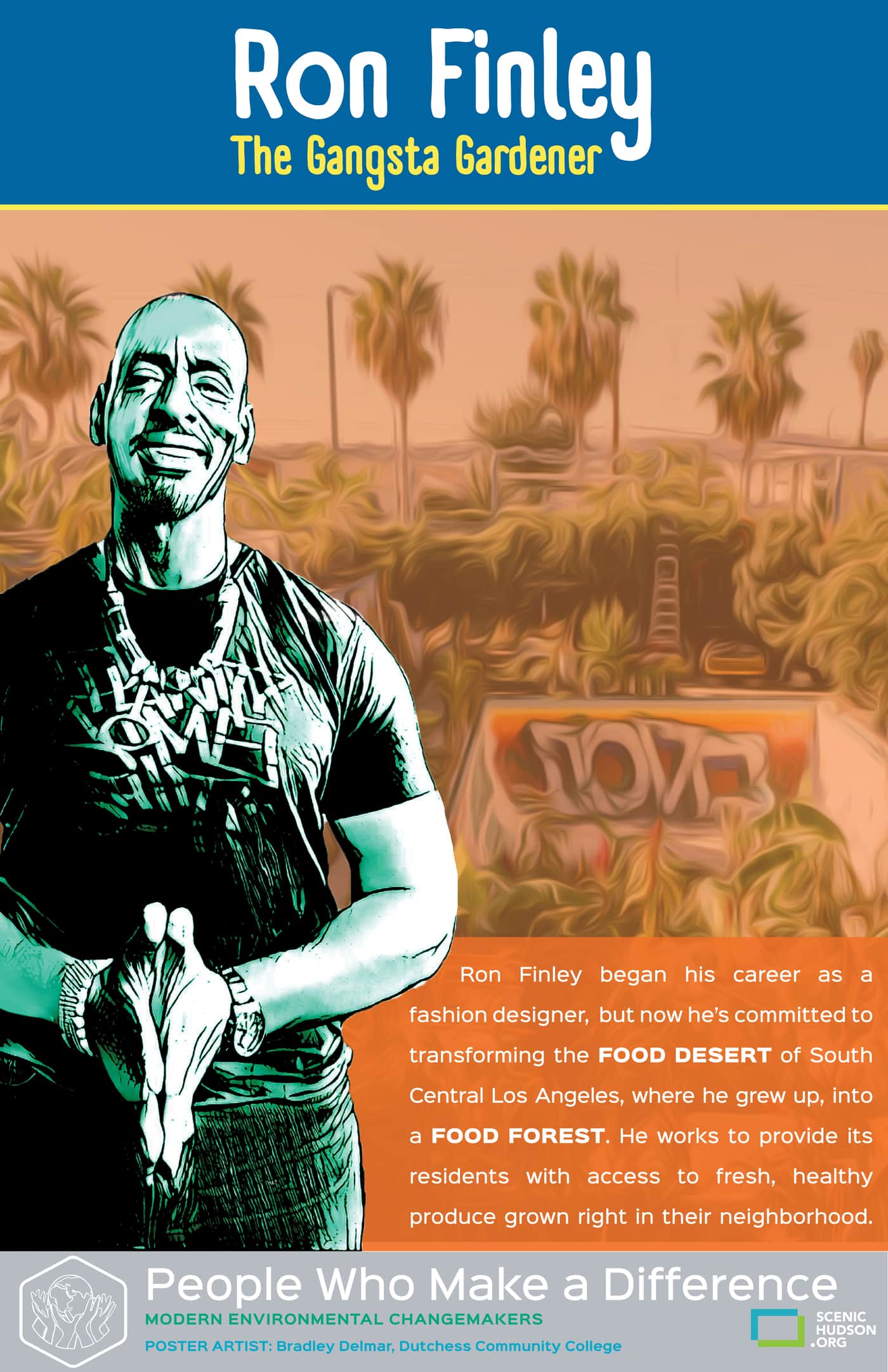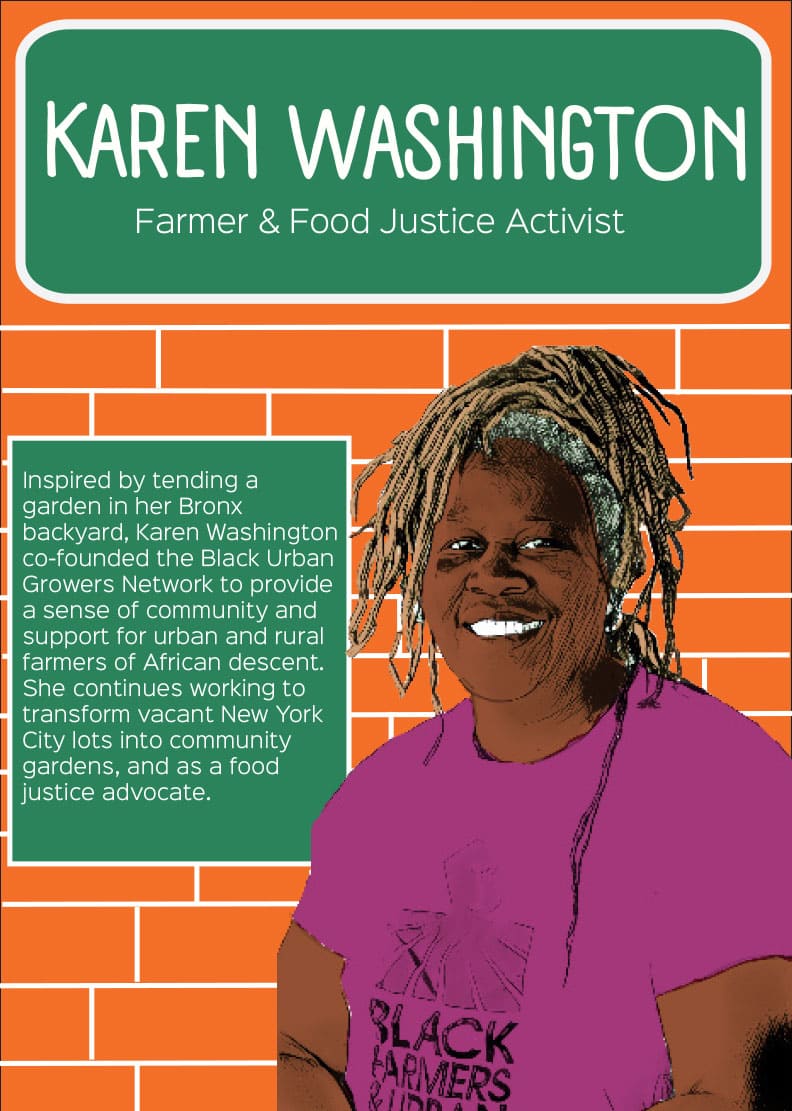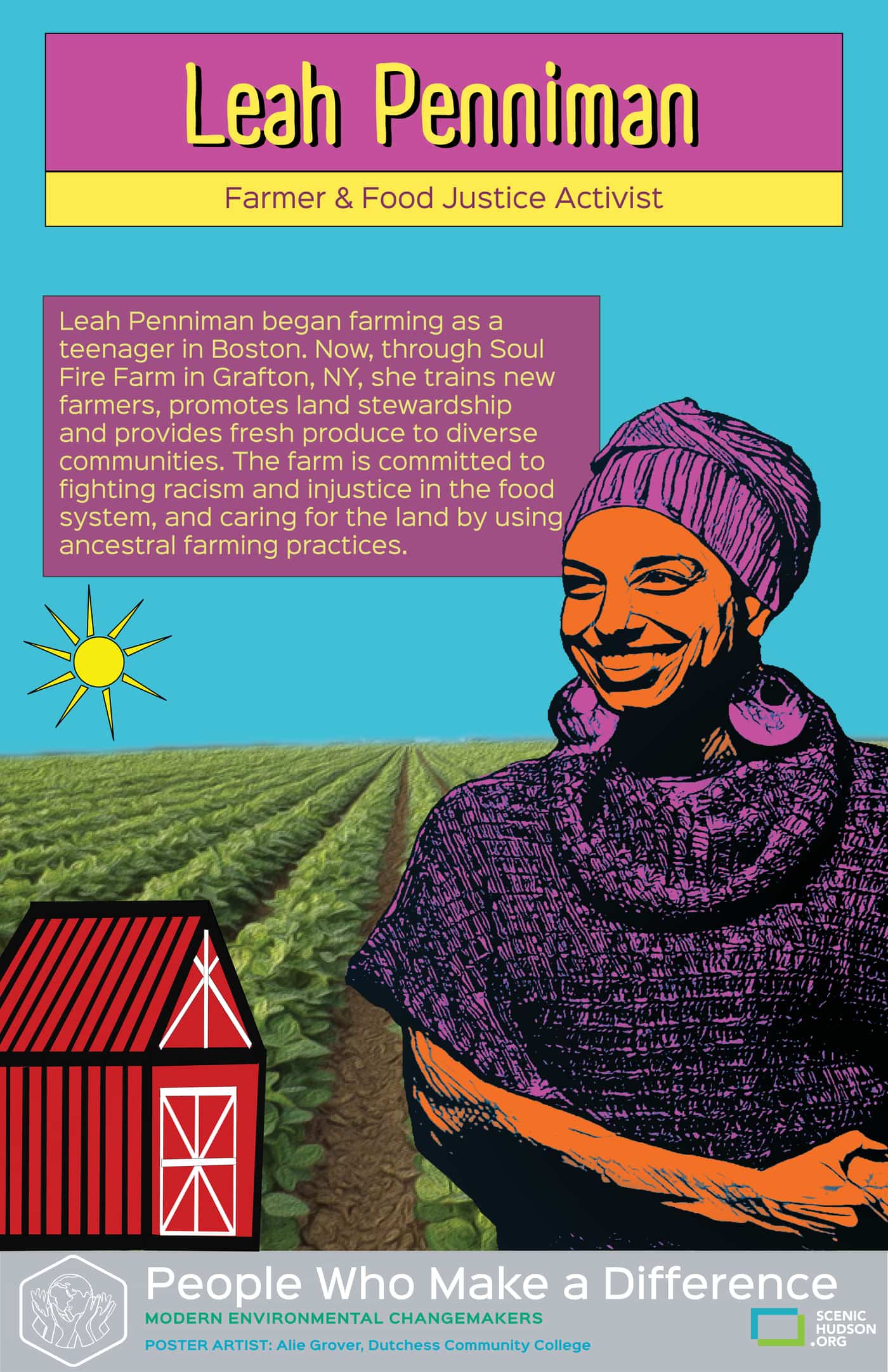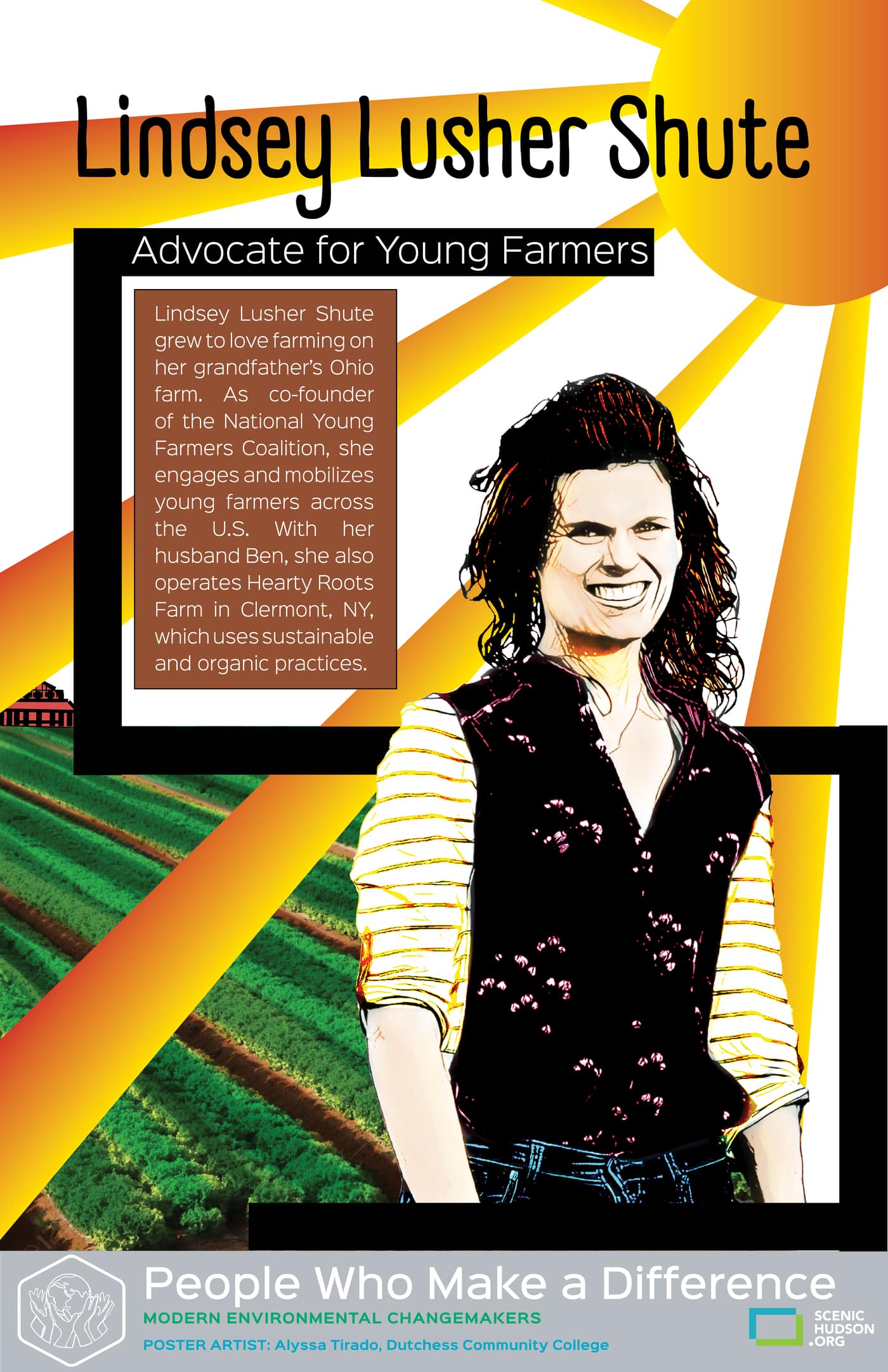To support farmers, we’ve created a list of farms where you can purchase fresh vegetables and other produce. Most of these family operations have partnered with us in the past to permanently conserve their productive lands — so in good times and bad, it will be available to supply us with healthy food.
Columbia County Farms
| Farm | Items | Links |
|---|---|---|
Borough Mushroom Farm Copake | mushrooms | |
Chaseholm Farm Pine Plains | beef, pork, dairy, cheese, yogurt | |
Cheval Farmstead Dairy & Provisions Stuyvesant | cheese, meat, meals to go | |
Deep Roots Farm Copake | produce, potted plants, eggs, honey | |
Dirty Dog Farm Clermont | beef, chicken | |
Gansvoort Farm Germantown | lamb, sheep pelts, wool comforters | |
Hawthorne Valley Farm Ghent | CSA share, cheese, yogurt, bread, baked goods, fermented products | |
Hearty Roots Community Farm Germantown | produce, milk, cheese, pork, eggs, grocery items, bread, baked goods | |
Hudson Valley CSA Coalition Various | vegetables, fruit, meat, eggs, dairy, grains, flowers | |
Letterbox Farm Collective Hudson | vegetables, pork, chicken, rabbit, eggs | |
Meisner's Heritage Farm Hudson | produce, pies, meat, baked goods, vegetables, apple cider donuts, eggs, cheese, bread, soup, frozen products, honey, jam, jelly | |
MX Morningstar Farm Hudson | vegetables, dairy, bread, eggs, meat, grains | |
Pleroma Farm Hudson | beef | |
Ronnybrook Farm Ancramdale | dairy | |
The Chatham Berry Farm LLC Chatham | hydroponic greens, berries, meat, fish, dairy, grocery items | |
The Farm at Miller’s Crossing Hudson | vegetables, beef, maple syrup & products | |
Tiny Hearts Farm Copake | produce, flowers | |
Vosburgh Orchard Elizaville | fruits, flowers | |
Walt's Dairy Copake | dairy, cheese |
Dutchess County Farms
| Farm | Items | Links |
|---|---|---|
Bear Creek Farm Stanfordville | Iceland poppies, West Country lupines, peonies, fritillaria persica, dahlias, toad lilies, Japanese anemones, triticale, barley | |
Brookby Farm Market Dover Plains | raw milk, cheese, eggs, fresh produce, meats, cleaners, paper products, bread, chocolate | |
Dutchess Creamery Red Hook | milk | |
Fishkill Farms Hopewell Junction | apples, organic eggs, produce, seeds, grocery items, baked goods, beer, butter, cheese | |
Gem Farms Buffalo Castleton | buffalo, buffalo leather, shoulder mounts, gifts | |
Harlem Valley Homestead Wingdale | pastured beef, pork, eggs, vegetables, jam, fruit, flour, cheese, hand sanitizer | |
Hudson Valley Mushrooms Brewster | Log-grown shiitake mushrooms | |
Mead Orchards Tivoli | apples, cider, honey, berries | |
Meadowland Farm Clinton Corners | vegetables, flowers, beef, pork, lamb, poultry, eggs | |
Migliorelli Farm Tivoli | vegetables, fruits, fresh frozen pastas, local cheeses, local mushrooms, grocery items | |
Northwind Farms Tivoli | beef, poultry, pork, smoked meats, sausage | |
Rock Steady Farm Millerton | vegetables, flowers | |
Ronnybrook Farm Ancramdale | milk, ice cream, yogurt, creme fraiche | |
Rose Hill Farm Red Hook | cherries, blueberries, peaches, plums, apricots, nectarines, apples | |
Sawkill Farms Red Hook | beef, lamb, pork, eggs, chicken, yarn, leather goods, soap | |
SPACE on Ryder Farm Brewster | vegetables |
Orange County Farms
| Farm | Items | Links |
|---|---|---|
Edgwick Farm Cornwall | pasteurized goat milk, raw goat milk, goat cheeses | |
Jones Farm Cornwall | baked goods, grocery items, gifts | |
Lowland Farm Warwick | grass-fed beef, pastured pork, grass-fed lamb | |
Overlook Orchards Newburgh | local eggs, honey, bread, fruits, vegetables, salad greens | |
Rise And Root Farm Chester | herbs, vegetables | |
Rooted Family Farm Montgomery | salad greens, vegetables | |
The Farmer's Daughter Otisville | bread, milk, grocery items | |
Wood Thrush Farm Montgomery | salad greens |
Ulster County Farms
| Farm | Items | Links |
|---|---|---|
Davenport Farms Stone Ridge | vegetables, grocery items, beef, cheese, bread, gourmet foods, apples, pumpkins, gourds, coffee, soup, baked goods | |
Deer Creek Collective Herb Farm Accord | herbs, medicinal herbs, CBD hemp, teas | |
Farmstock Kingston | produce, cheese, beef, chicken, CBD hemp, herbs | |
Grassroots Farm Stone Ridge | 100% grass-fed beef | |
Greymouse Farm Saugerties | fruits, jams & Preserves | |
Jenkins and Lueken Orchards New Paltz | apples, cider, honey, maple syrup & products, vegetables, beef, chicken, fish, grocery items, milk, eggs, baked goods, nuts | |
Kelder's Farm Kerhonkson | vegetables, fruits, flowers, maple syrup & products, grocery items, grass-fed beef, chicken, bacon, bread | |
Pavero Apples Marlborough | apples | |
Seed Song Farm Kingston | CSA share, herbs, berries, forest products, vegetables | |
Solid Ground Farm Kingston | CSA share, vegetables |
Note to farmers: We did our best to include all of our farm partners offering direct-to-consumer produce. If we omitted your farm, please let us know using this form and we’ll add you to the list ASAP.













